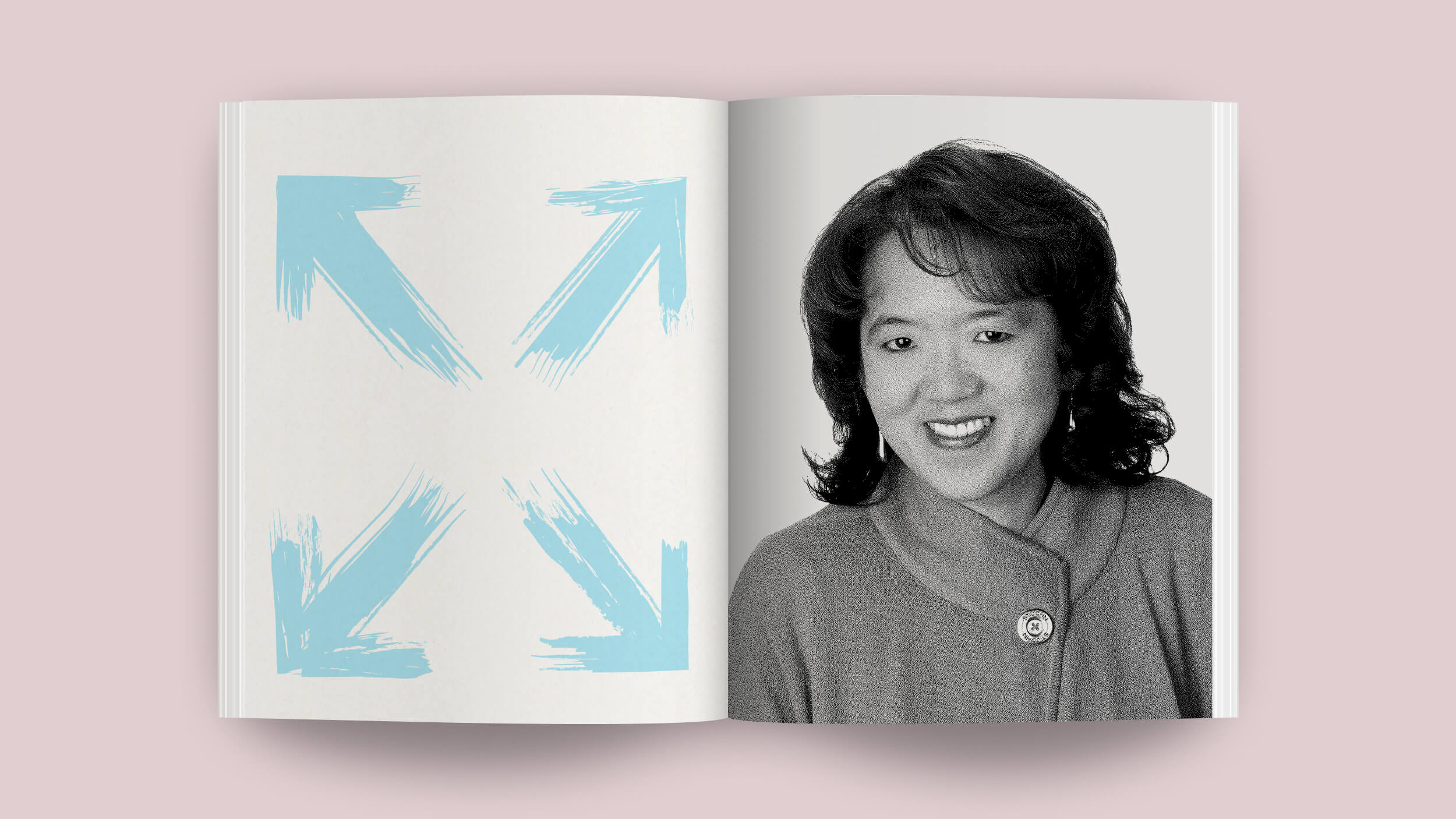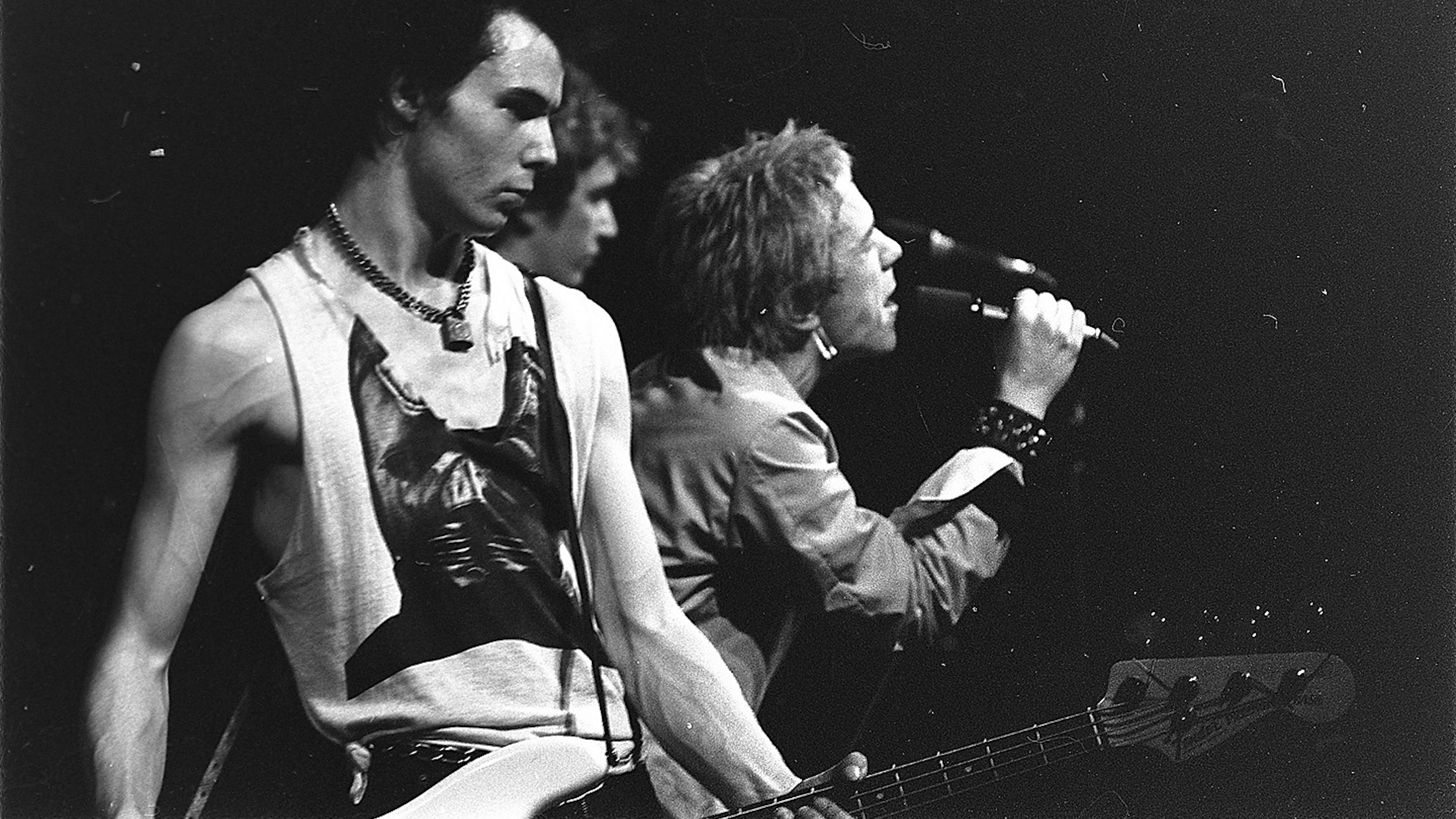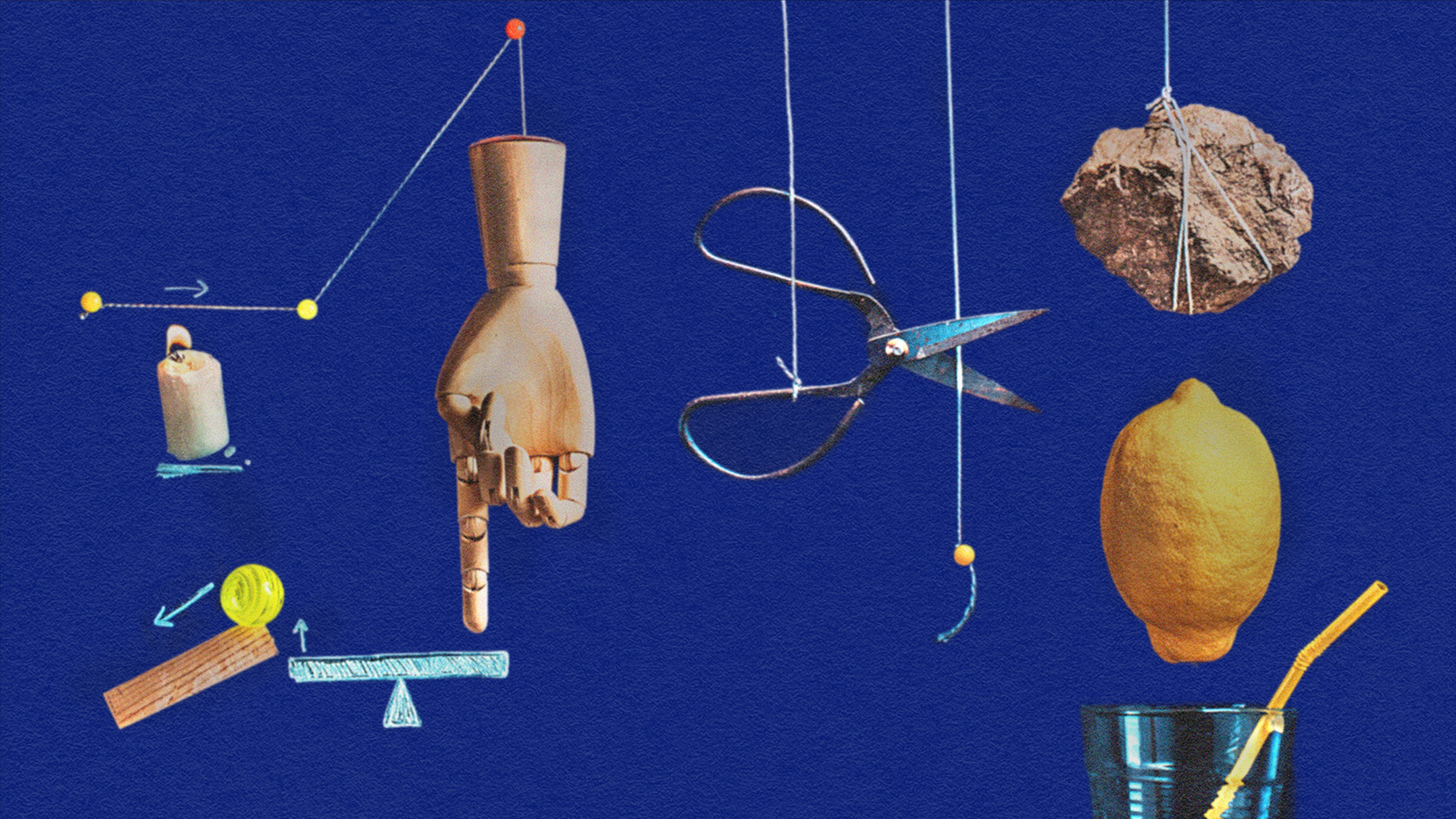What the PyeongChang Winter Olympics Taught Us about Diversity & Inclusion

In an increasingly global and connected world, cultural diversity and inclusion are of great importance. While many organizations realize the role an effective diversity training program can play, there is still much left to learn about what goes into an effective diversity and inclusion program.
One example of large-scale diversity and inclusion can be found in the Winter 2018 Olympic Games, which were recently held in PyeongChang, South Korea. The Olympics represent diversity through friendly, global competitions between people of all races, sizes, colors, creeds, and walks of life.
These recent events even brought North and South Korea together. Despite having an icy relationship, the two countries agreed to cooperate with one another; their athletes even marched together in the opening ceremony under a unification flag.
So, if the Olympics can effectively (even if temporarily) help bring together two opposing nations, what can organizational leaders learn from the PyeongChang Winter Olympics?
Diversity Goes Beyond Race and Color
When considering diversity within an organization, it isn’t something that should be limited to just ethnicity or color. True diversity, according to Saberr CEO Tom Marsden in an article for HRZone, includes:
- Social diversity;
- Cognitive diversity; and
- Value diversity.
Social diversity, which is the most commonly recognized, has to do with a person’s ethnicity, race, color, or gender. Cognitive diversity, on the other hand, relates to a difference in thoughts or thought processes — how people approach problems or circumstances in diverse ways. When it comes to values diversity, however, it may be best for people to share similar fundamental values and goals. Marsden says that values diversity can actually be destructive because employees can’t “get on the same page,” or feel that they don’t (or can’t) trust their colleagues or managers because of those differences in values.
With the Olympics, you had men and women from around the world competing in friendly sporting events. In addition to cheering on people who didn’t share similar backgrounds, skin colors, or races, they supported one another. They also shared the Olympic values of demonstrating respect, excellence, and friendship. These are traits that can be shared between employees within any organization. There are always things that you can share, and ways to support and learn from one another because of the diversity that each person brings to the table.
Winning Teams Embrace, Celebrate Strong Diversity
According to Big Think expert Kenji Yoshino, a New York University law professor and author, diversity within many organizations often comes at the price of employees’ “outside identities” — or the way they identify themselves to others.
In a Big Think article based on his study, “Uncovering Talent: A new model of inclusion,” Yoshino found that 61% of survey respondents said they altered or “covered” their identities to try to fit in with their perception of mainstream society.
Furthermore, Yoshino said in the Big Think article:
“Sixty to 73 percent of individuals, depending on the particular axis of covering that we looked at, said that this was somewhat to extremely detrimental to their sense of self. So that’s something that we really need to be attentive to if we want people to really flourish in whatever organization they inhabit.”
This is another area in which businesses and other modern organizations can learn from this year’s Olympics. Historically, the Winter Games are notorious for featuring predominantly-white athletes from nations in colder climates. However, this year, there was noticeably more diversity and inclusivity being showcased and praised.
In a recent article from The Washington Post, the U.S. Olympic Committee said that this year’s Team USA was its most diverse to ever compete in any Winter Olympic Games. While still predominantly white, the team of 243 athletes included 10 African-Americans, 10 Asian-Americans, and the “first two openly gay” male athletes.
Athletes and organizational leaders do not have to wait every two or four years for the Summer or Winter Olympic Games to return to share in a celebration of diverse backgrounds and talents, respect, and appreciation for other people. These are values that should be celebrated and encouraged every day.




